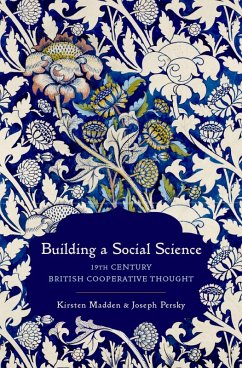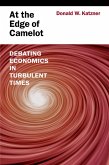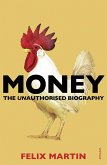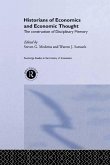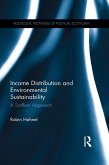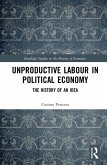Just as the Industrial Revolution in Britain suggested a promise of abundance, David Ricardo, Robert Malthus, and their colleagues formalized classical political economy with its emphasis on scarcity, self-interest, and private accumulation of capital. At the same time, Robert Owen took a different path arguing that the new technologies open a new world. In effect, his ideas turn classical political economy on its head. Building this new social science, Owen emphasizes abundance, public spiritedness, and communal accumulation of capital. Although the history of the cooperative movement is well documented, the social psychology, architecture, and logic of its economics stand in need of reappraisal. This book describes, often restates, and in places reconstructs the social science of British cooperative writers-from Robert Owen, through William Thompson and Anna Doyle Wheeler, J.S. Mill and Harriet Taylor Mill, the Christian Socialists, the consumer cooperative movement, the Women's Cooperative Guild, William Morris, and the Guild Socialists. Each of these writers makes theoretical assumptions concerning social psychology, proposes institutional structures, and then derives consequences for the material economy, happiness, and human development. Some postulate a feedback mechanism strengthening and stabilizing an enlarged self-interest. Sparked by the intellectual optimism and fellow feeling of the early British cooperative theorists, Madden and Persky start to rebuild their humane social science. While enriching our understanding of intellectual history, Building a Social Science carries insights relevant to the present concerning employment relations, persistent inequality, and low levels of human development.
Dieser Download kann aus rechtlichen Gründen nur mit Rechnungsadresse in A, B, BG, CY, CZ, D, DK, EW, E, FIN, F, GR, HR, H, IRL, I, LT, L, LR, M, NL, PL, P, R, S, SLO, SK ausgeliefert werden.

